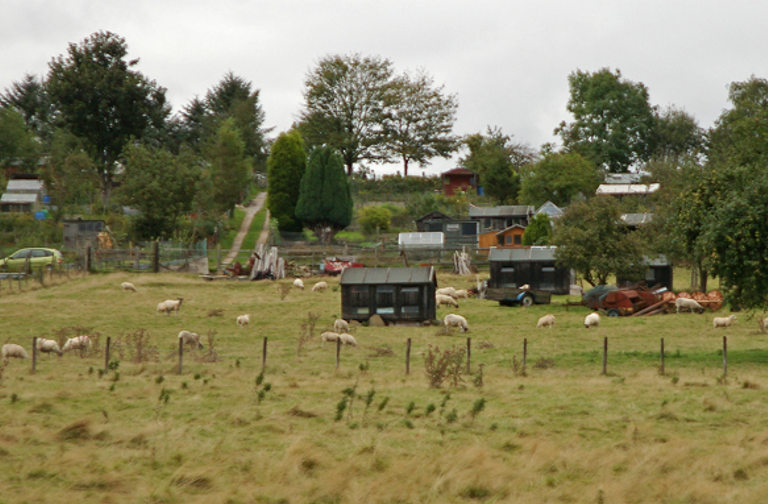The other day, I was sent a survey from the Swedish Competition Authority about competition in the food sector. It was triggered by the current rapid price increase of food. As I am a farmer, they wanted to know my views. They asked questions such as: “How do you experience competition in your field of activity?” with alternatives to tick such as different shades of good or bad. One open-ended question was “What can be done to increase competition in the food chain?” There I replied: “Competition should not increase but rather be restricted”.
I wrote to the Authority that “Your survey is based on the belief that competition is something inherently good, and that more competition is better than less competition. This is a belief without any basis in reality or human experiences. Stiff competition among the farmers in the world is mainly negative and competition is also a major driver of exploitation of nature.”
I shared my response and some thoughts about this in social media and I realized that people have very different views on competition.
To begin with, many see “monopoly” as the antonym to competition, so they defend competition as a support of the small firms against the big players. For sure, in the food industry and retail, the big actors have far too much power. In Sweden, the biggest retailer, Ica, has a 50% market share and two others share most of the reminder. A few food industries control most of the food production in European countries. But this market domination is the result of market competition and it will not be cured by more of the same.
In a “free market” (if one such were ever to exist) there are many economies of scale in transport, production, marketing, packaging and retail which will favor the bigger actors. When buyers become fewer it becomes more difficult for small farmers as big buyers favor big suppliers and big buyers have few central purchasing offices and distribution centers. In addition, farmers’ main competitors are other farmers and with a freer market this competition is more intense. That farms can’t make profit is just a direct function of competition and as it should work according to the text books.
Also in the farm sector, there are clear economies of scale. The larger farms don’t have higher revenue or yields per acre, but they simply have lower costs. For farmers who can’t participate in this stiff competition there is no way out – or rather there is only the way out – get out!. In some parts of the world, the available nature resources are clearly limiting the possibilities for large scale farming which means that farming more or less disappears. This can be observed on all scales from regional to global.
For sure, there can also be spaces for niche brands and small players. As soon as a niche becomes commercially interesting, however, the big actors will join in or one of the original actors will outgrow the others. This can clearly be seen in the organic sector, on all levels from farms to shops.
On a macro-economic level, competition is the main driver of increased productivity, which sounds good, eh?
But sorry, increases in labor productivity lead to increased use of resources and increased consumption. In a world without competition the shoemaker that finds out a way to produce the same number of shoes in half the time can go fishing half the day, but when there is competition, such an invention will lead to lower prices and the need to produce more to keep income the same. Fishing will have to wait – and we can all have more shoes.
In reality, the antonym to competition is not at all monopoly but is rather cooperation and solidarity.
The transformation of the food system can’t just focus on methods (such as organic, regenerative) or technologies but must also change how we share and distribute food. To move food out of competitive markets and into direct relationships built on cooperation, solidarity and trust should be a main goal. The good news is that the goal can also be the strategy at the same time. So you can begin today (if you haven’t already begun) and build a new system, one carrot at a time.
My views of how to organize food production and distribution built around relationships and landscapes are more elaborated in this article:
Towards a landscape diet and communal landscape management
Of course, competition in some sense has always been there and to some extent it may motivate us to do better make more beautiful things or cook the best meal. But by and large, competition appeals to less flattering streaks in the human character so there is no need for us to promote or encourage it. And certainly there is no justification to make competition into some kind of ideology or main view of the world.
Teaser photo credit: Mr T / Smallholding. https://commons.wikimedia.org/wiki/File:Smallholding_-_geograph.org.uk_-_543698.jpg. This image was taken from the Geograph project collection. See this photograph’s page on the Geograph website for the photographer’s contact details. The copyright on this image is owned by Mr T and is licensed for reuse under the Creative Commons Attribution-ShareAlike 2.0 license.






